Future-proof your Localization career and remain relevant by becoming a T-shaped professional
I like to read biographies; outside of the books I read that are more work-related, that is my favorite genre.
Sometimes I read biographies that are a little more related to "work" such as Steve Jobs by Sir Walter Isaacson, which is a delight how well written it is.
Also, I recently read Shoe Dog, the story of the founder of Nike, an exciting story that explains how Phil Knight created an empire from nothing. But the biography I recently finished was Open, the story that Agassi himself tells us about how he became a tennis legend. Tennis is a sport that I like very much, I like bibliographies very much, and this book combines two areas that I love, and this bibliography is terrific.
Agassi's father plays a crucial role in his becoming a professional tennis player. It is clear that our parents have an incredible impact on our lives, but in this case, Agassi got where he got because of his father's obsession that he should become the best tennis player ever.
Fascinating. . . . Inspiring. . . .The most revealing, literate, and toes-stompingly honest sports autobiography in history
Agassi's father forced him to do very long training sessions to be good at different elements of tennis. He forced him to be good at serving, to practice becoming physically strong, to be emotionally resilient, to practice the art of the drop shot ... he forced him to be a complete player in many areas and extraordinary in a particular area. Agassi is considered one of the best returners of all time, his play from the back of the court and his ability to return was his hallmark.
Seen in perspective, Agassi was a professional T.
And that analogy takes me to what I want to expand on in my post this week.
I want to talk about being a T-shaped professional and how to become a Localization T-shaped professional. Being a T is worth it; read below, and I'll explain it!
What does it mean to be a T-shaped professional at work?
These professionals combine extensive knowledge in a specific area (vertical bar) with horizontal or transversal skills.
These horizontal qualities allow professionals to adapt to the company's reality at any given moment and maximize their ability to contribute real value to companies.
The idea of the T-professional is attributed to Bill Moggridge, an industrial design specialist who created the first laptop computer.
Source: Medium
Why is the figure of the T-shaped professional important today?
We are in a very changing environment, and our macroeconomic and geopolitical situation is complex. Some companies that were doing very well last year suddenly this year are not doing well; that requires a lot of ability to adapt to new situations; it requires that we as employees can adapt to a changing environment, to changing needs.
In this changing environment, the hyperspecialization that was so highly valued a few years ago is no longer relevant.
In the past, having skills in a micro-niche was a winning bet; knowing a lot about a particular field was a synonym for success; today's hyper-specialization is not as clear that it offers the same opportunities as in the past.
From the era of hyper-specialization, we have moved on to be knowledgeable in several areas and master at least one area really well.
What does a professional Localization t-shaped look like?
A Localization T-shaped person must be a professional with high organization skills and focus on contributing to the company's international growth.
They must be able to recognize the risks that affect the success of a Localization project and, therefore, must have thorough training in project management methodology.
They demonstrate exemplary individual cross-functional skills to build bridges with different stakeholders, for example, with marketing to provide analysis about potential untapped markets to penetrate
They have good technical knowledge to join forces with the engineering team to implement internationalization requirements.
Communication skills are key for these T-shaped localization professionals as they allow them to create presentations, evangelize and align internally, present in conference (or company) events, create localization lessons learned and retrospectives, and ensure this material is understood and implemented by product teams.
How to become a professional Localization T-shape?
This is where two key variables come into play, self-knowledge and continuous training.
Knowing ourselves and stopping to reflect on our skills and what we want to do will help us develop horizontally.
To do this, invest time in
1. Identifying what your T-shaped need is.
2. Reflecting on the benefits of developing a broader set of skills.
3. Plan how to acquire the additional skills you have identified.
4. Find a mentor or advisor in the discipline you are focusing on.
5. Gradually expand your skills, including personal interaction and collaboration skills.
The second variable refers to the all-important continuous education mindset. A T-shaped professional understands that they must adopt a lifelong learning mindset so that the horizontal bar will expand and allow them to be relevant for many years.
You can develop technical skills on Coursera and LinkedIn Learning or build cognitive skills through a platform like FutureThink; remote learning is now easier than ever.
Here are some ideas of skills that we can work on to become a Localization professional with better employability.
Click HERE to download the infographic
Whether you put them on the horizontal or vertical axis is something that we must decide as a response to the exercise of self-knowledge I mentioned above.
Summary
To survive the changing world we live in today, focus on acquiring a variety of timeless horizontal skills as you improve your Localization core skills.
T-shaped professionals build knowledge over time and can quickly learn new tasks.
In an increasingly connected and interdependent world, you can often be more valuable than a specialist if you have sufficient depth in one or even a few Localization areas.
T-shaped mindsets help us hone our adaptability and adjust to new trends and technologies. And that flexibility is what can future-proof our Localization career and remain relevant, living in cohesion with machine learning, machine translation, or the rise of artificial intelligence.
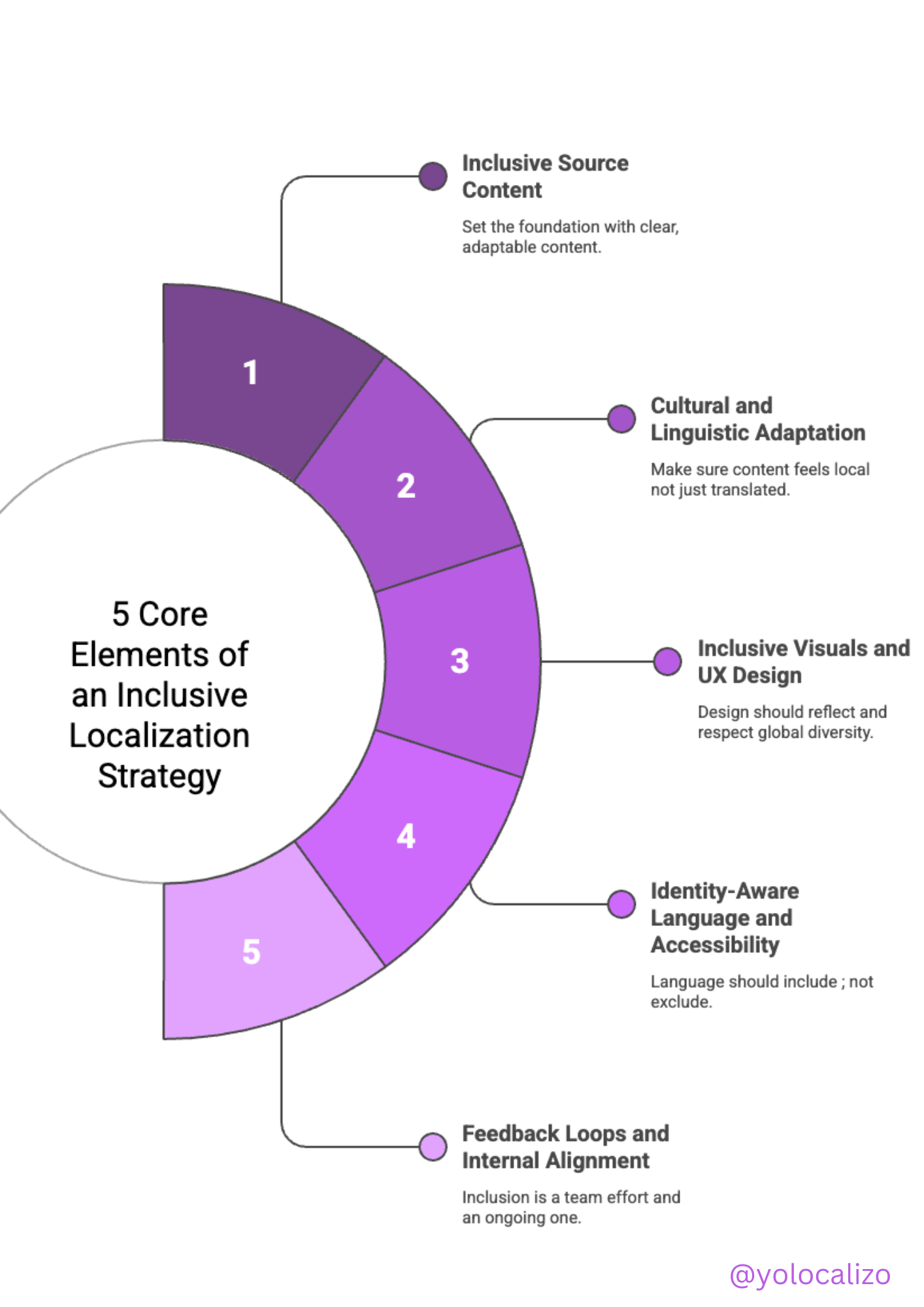

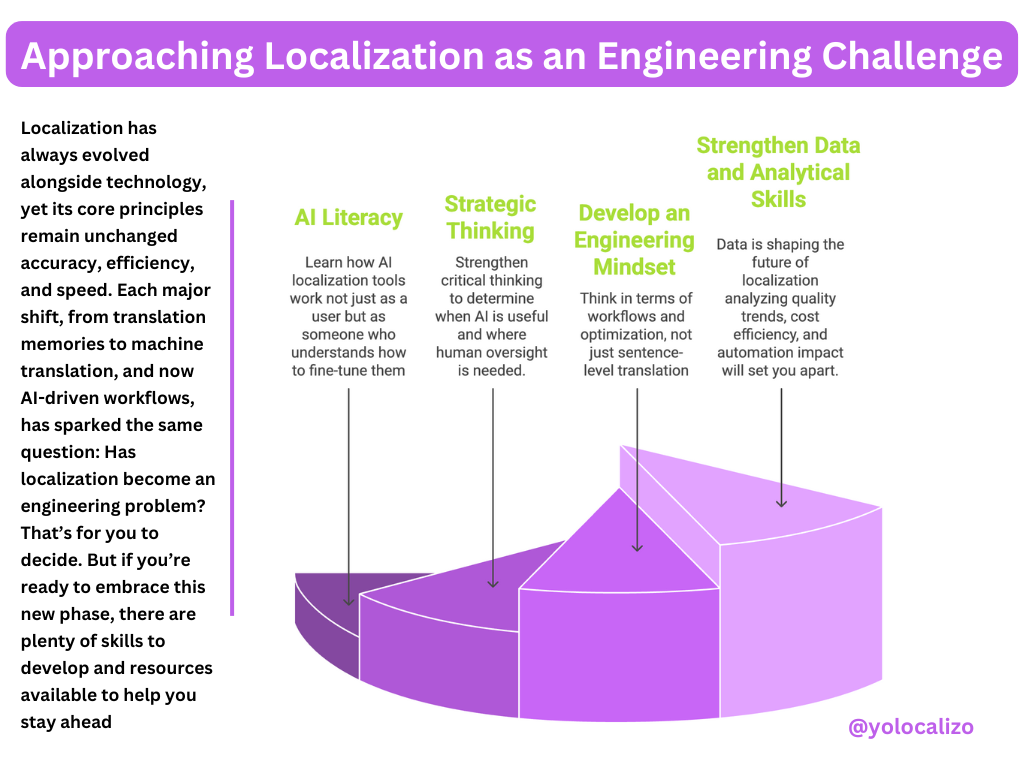
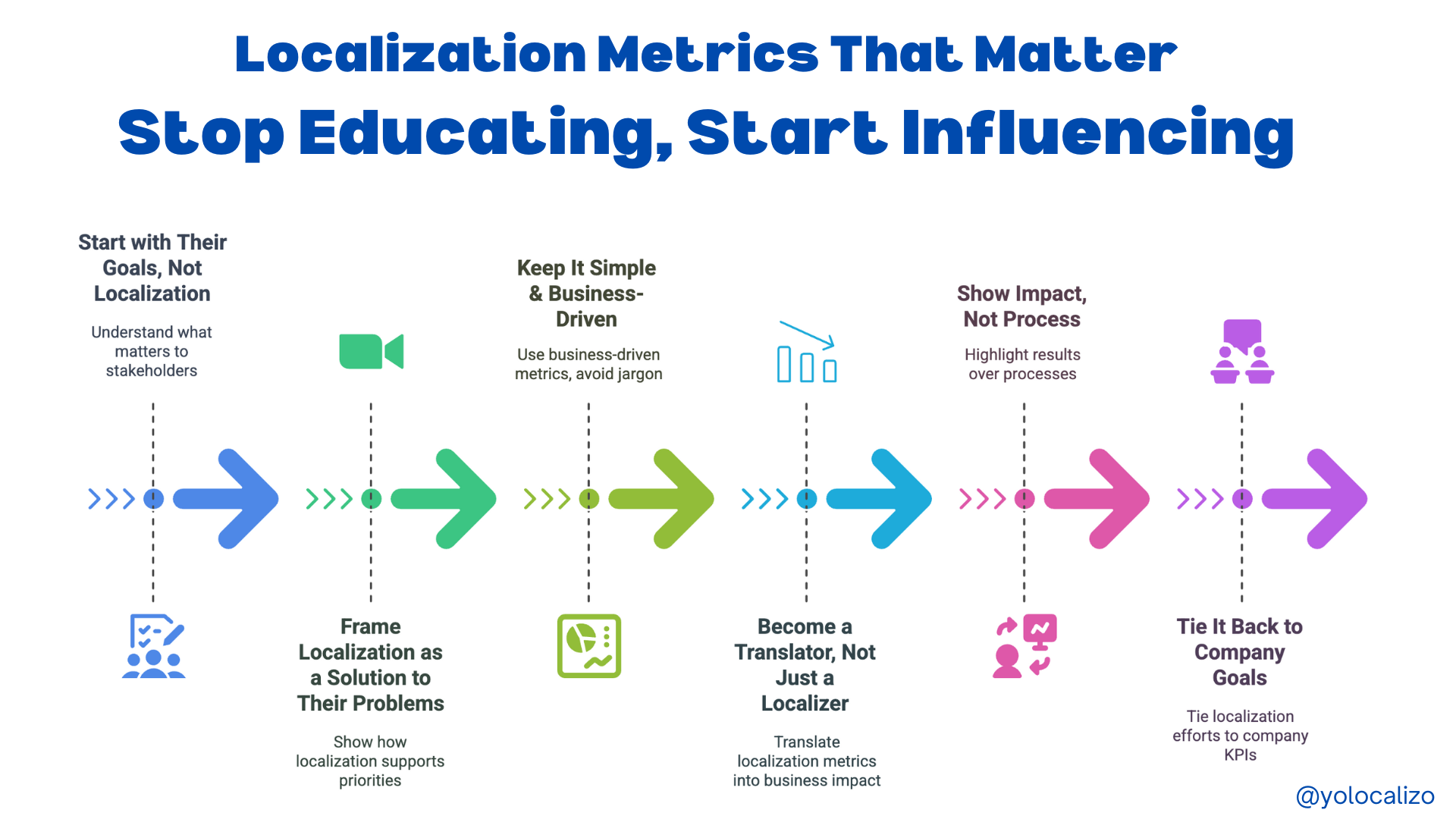


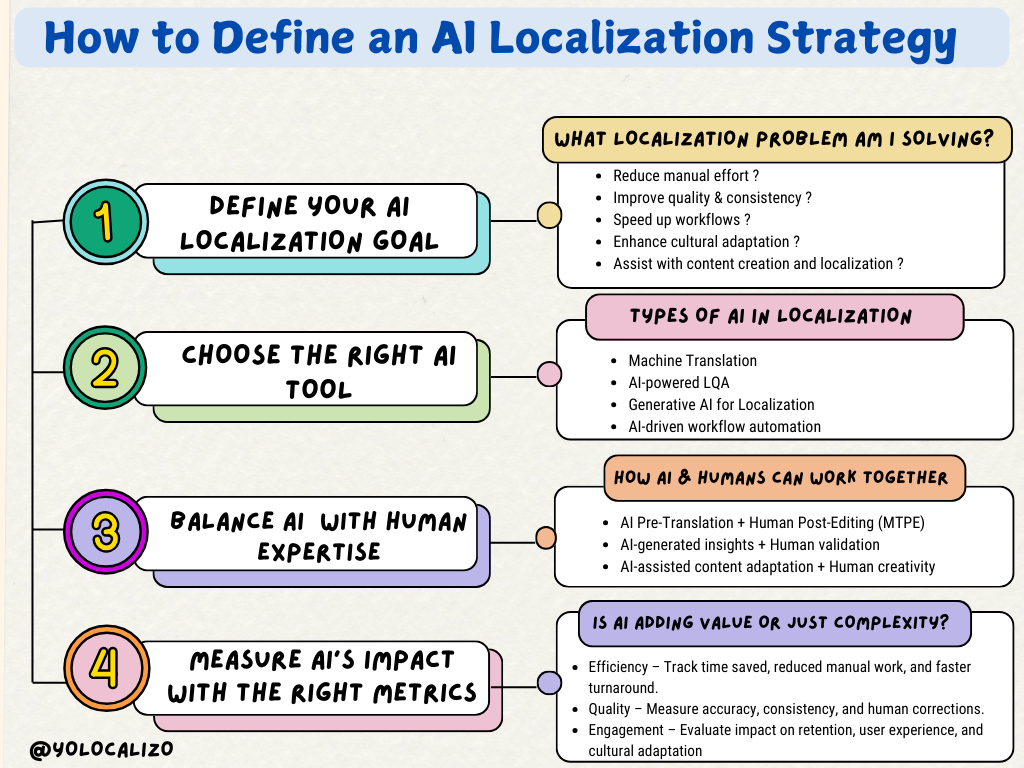




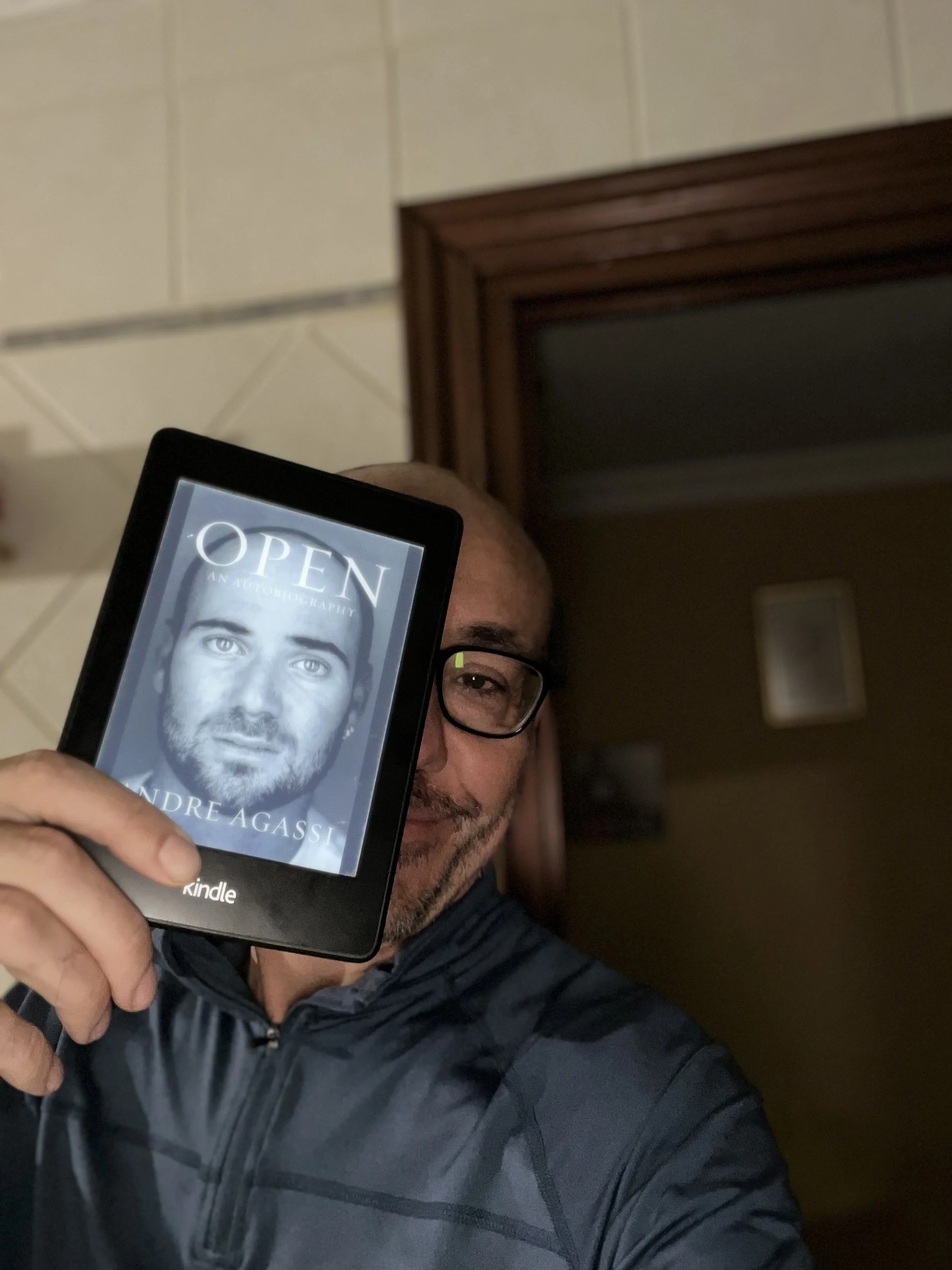



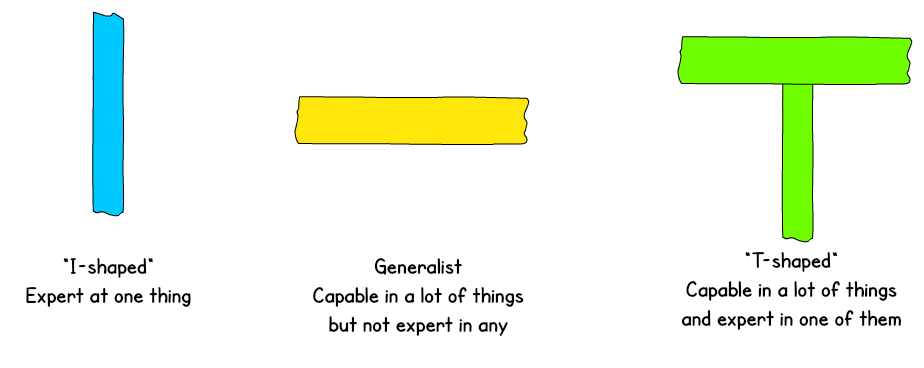


Localizability has always been a challenge small issues in source content often lead to big problems later in translation. In this post, I explore how AI is giving localization teams a powerful new way to improve source quality, reduce friction, and create better content for every market right from the start.